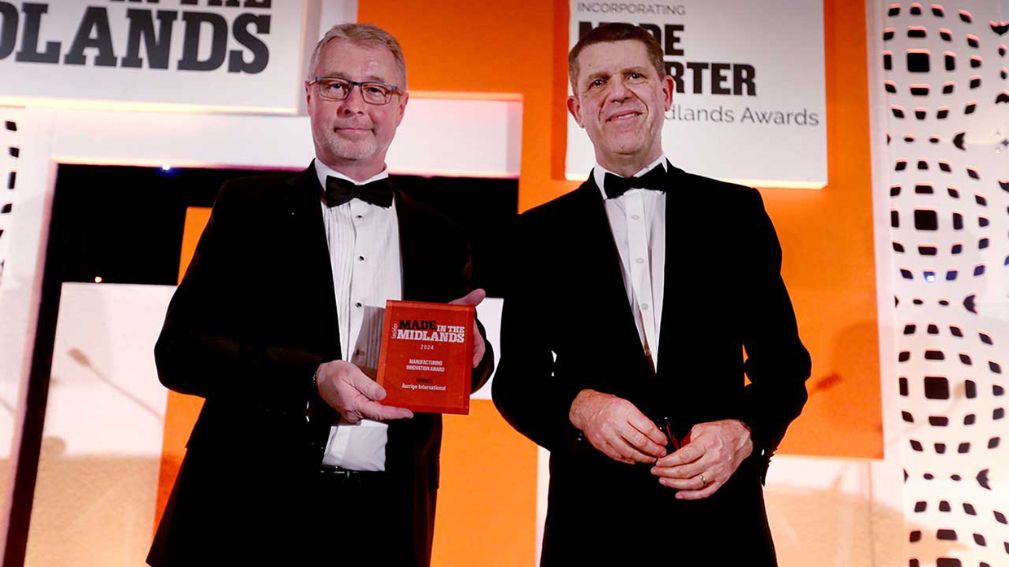As renters and homeowners stretch their budgets to meet ever-increasing housing costs, new research from Fidelity International shows the adverse impact this is having on people’s financial futures.
Sixty-seven per cent of people in the West Midlands with £1,000 in assets say the rising cost of rent and mortgages is a barrier to their plans when it comes to investing, hindering their long-term financial goals. This is hitting women in the West Midlands harder, with almost three-quarters of women (73%) agreeing it is a barrier, compared to 62% of men.
Nationwide, this battle is much greater for younger generations, who are likely to see a higher proportion of their disposable income taken up by housing costs, with the figures showing that over eight in ten (85%) of 18- to 34-year-olds across the UK agree with the statement.
Mortgage rates continue to fluctuate and remain elevated from the level borrowers have become used to over the past 15 years.
The Bank of England2 recently revealed the pressure that mortgage holders are facing in the coming years. As a result of rising interest rates, nearly one million borrowers will have to pay an extra £500 a month or more by 2026 and the average homeowner faces an increase in monthly mortgage payments of around £220 when renewing their fixed-rate deals, while nearly another half a million households potentially seeing payments climb by £750 a month.
It's these household costs that people are really grappling with. Fidelity International’s research shows that if people in the West Midlands saw a reduction in bills and mortgage payments, 36% would be able to save more each month.
Emma-Lou Montgomery, associate director for Personal Investing at Fidelity International commented: “Household budgets are incredibly difficult to manage right now. Both homeowners and renters are seeing their monthly outgoings rocket, as higher interest rates push up the cost of borrowing.
“The good news is that the rate at which inflation is increasing is starting to ease, and this should eventually reduce household outgoings. When people start to see these costs coming down a little, they will be more able – and more inclined – to start putting something aside into their savings and investments again. And that ability and drive to save is really important because it’s fundamental to everyone’s future financial security.
“The unknown right now is just how deeply the cost-of-living crisis is impacting us all, and just how much it will hurt our financial futures. Taking steps today, regardless of how small they feel, will go some way towards easing the financial challenges we’re all going to face in the years ahead.”












